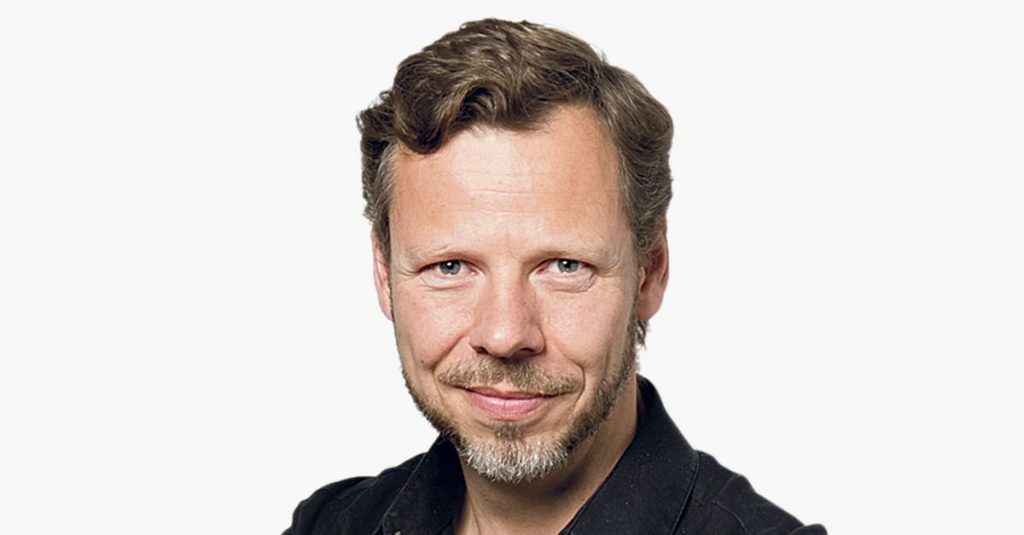Much of the psychology and management literature deals with problem solving. But what do you do when things are going well? This question is more important than you think. We generally enjoy telling others about our positive experiences. In this way we achieve, as it were, an additional return on the good things that we experience. Psychologists call this behavior “leveraging” on positive experiences.
Such capitalization can lead to all kinds of beneficial effects, such as increasing well-being. Whether this actually happens depends largely on the other person’s reaction.
Psychologist Shelley Gabel from the University of CaliforniaThis phenomenon has been studied for nearly twenty years. According to her, it’s important to our private and professional relationships that we get better at celebrating what’s going well.
The gable is the name itself for the gable matrix, a simple model in which people’s reactions to good news from others are categorized according to two axes: the active-passive axis and the constructive-destructive axis.
Example: Your partner comes home from work and tells you very badly that she received a big promotion today. You can then respond roughly in four ways.
Excited: This is great news! You really deserve this. What will you do exactly? (active construction);
– She smiles and says, “That’s good for you, my dear.” (passive).
– You underestimate the good news: “I don’t know if that’s too nice. You’re too busy already. I think so again. (destructive active);
– She ignores the good news and asks, “What’s for dinner tonight?” (negative-destructive).
It is clear which reaction leads to maximum capitalization. When we respond actively and constructively to good news from others, this leads to positive feelings, greater self-confidence, and increased well-being in them. In addition, they will value the relationship with you even more.
For private and business relationships, it’s important to get better at celebrating what’s going well
According to Gabel, a constructive response to good news is also important for managers. In this way, employee successes are used to build upon the mutual relationship. According to Gabel, this is necessary when you have to correct someone at a later time, for example.
Good to know: An effective constructive reaction consists of several components. You should show not only that you appreciate good news (“Cool, promotion”), but also that you care about the other person as a person (“You really deserve it. Do you like it?”).
Moreover, it is not only about the content, but also about non-verbal cues, such as smiling and eye contact.
All help. But what is the most devastating reaction you can give to the good news? At first I thought: an active destroyer. But according to Gabel and colleagues, a negative response in a destructive way is worse.
What’s wrong with that? A person who actively interacts destructively is in any case still in conversation with the other. There is still a relationship. But when you react negatively – destructively to the good news from another person, you are actually saying: I don’t find your story and you are interesting.
Ben Tegellar He writes weekly about personal leadership, work and management.
A version of this article also appeared in NRC Handelsblad on September 4, 2021
A version of this article also appeared on NRC on the morning of September 4, 2021

“Coffee buff. Twitter fanatic. Tv practitioner. Social media advocate. Pop culture ninja.”










More Stories
Which can cause an increase in nitrogen.
The Central State Real Estate Agency has no additional space to accommodate Ukrainians.
The oystercatcher, the “unlucky national bird,” is increasingly breeding on rooftops.